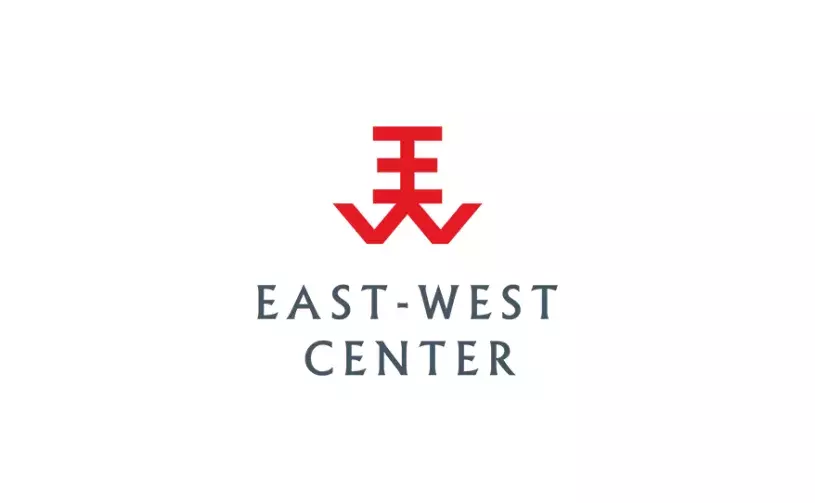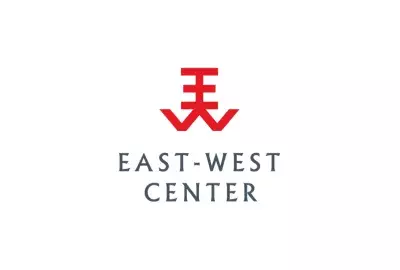Error message

The transformation of work and labor policies is one of the most under-researched aspects of China's political economy in recent decades. Western perceptions of Chinese workplaces are mostly informed by images of privatization and downsizing of traditional state-socialist enterprises, or by the un-famous sweatshops serving the production networks of global brand name companies under miserable conditions However, recent research reveals that labor politics in China have become highly diversified, in spite of the apparently centralized character of the political regime. At the same time, labor conflicts are on the rise across industries and regions.
Before this background, the paper is attempting a new approach to analyze labor relations at the level of companies, industries and regions in China The analysis is referring to Western and Chinese labor sociology and industrial relations theory, applying the concept of "regimes of production" to the context of China's emerging capitalism. The focus is on China's modern core manufacturing industries, i.e. steel, chemical, auto, electronics and textile and garment. The research explores regimes of production in major corporations and new forms of labor-management cooperation, the growing inequality and fragmentation of labor policies within the modern sectors of the Chinese economy, consequences for further reform regarding labor standards, collective bargaining, and workers' participation.
The paper presents results from a research project on socio-economic transformation and industrial relations in China, carried out by the Frankfurt Institute of Social Research in cooperation with leading academic institutions in the field in China and support from Hans-Böckler Foundation.
The transformation of work and labor policies is one of the most under-researched aspects of China's political economy in recent decades. Western perceptions of Chinese workplaces are mostly informed by images of privatization and downsizing of traditional state-socialist enterprises, or by the un-famous sweatshops serving the production networks of global brand name companies under miserable conditions However, recent research reveals that labor politics in China have become highly diversified, in spite of the apparently centralized character of the political regime. At the same time, labor conflicts are on the rise across industries and regions.
Before this background, the paper is attempting a new approach to analyze labor relations at the level of companies, industries and regions in China The analysis is referring to Western and Chinese labor sociology and industrial relations theory, applying the concept of "regimes of production" to the context of China's emerging capitalism. The focus is on China's modern core manufacturing industries, i.e. steel, chemical, auto, electronics and textile and garment. The research explores regimes of production in major corporations and new forms of labor-management cooperation, the growing inequality and fragmentation of labor policies within the modern sectors of the Chinese economy, consequences for further reform regarding labor standards, collective bargaining, and workers' participation.
The paper presents results from a research project on socio-economic transformation and industrial relations in China, carried out by the Frankfurt Institute of Social Research in cooperation with leading academic institutions in the field in China and support from Hans-Böckler Foundation.
East-West Center Working Papers, Politics, Governance, and Security Series





